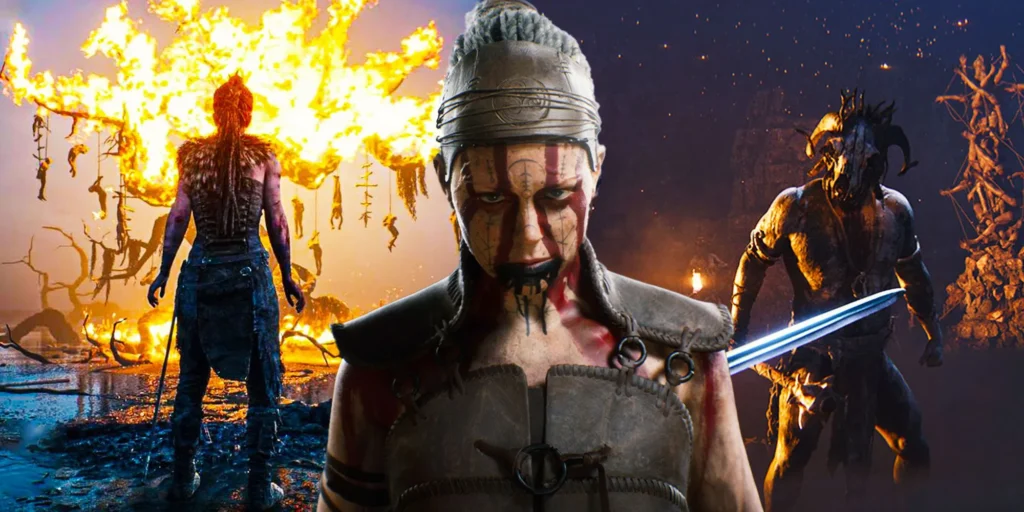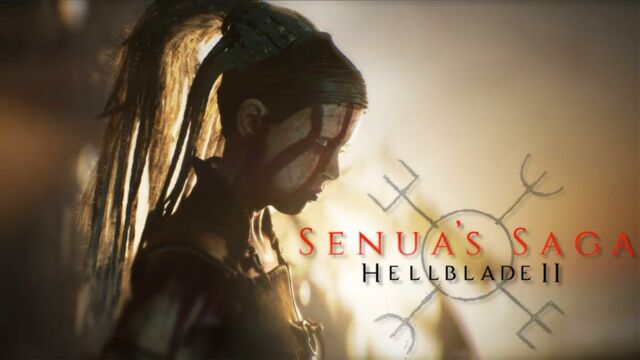For years, PlayStation has been synonymous with blockbuster video games. Titles like Uncharted, God of War, and The Last of Us have cemented Sony’s platform as a haven for exclusive experiences. However, a recent announcement by developer Ninja Theory has sent shockwaves through the gaming community: Senua’s Saga: Hellblade 2, the sequel to the critically acclaimed Hellblade: Senua’s Sacrifice, will not be released on PlayStation consoles. This decision marks a significant shift in the industry and raises questions about the future of platform exclusivity.
Breaking the Mold: Why Hellblade 2 Bypasses PlayStation

Hellblade: Senua’s Sacrifice captivated audiences in 2017 with its innovative take on mental health and its stunning visuals. Developed by the relatively small team at Ninja Theory, the game enjoyed success across PC, Xbox One, and PlayStation 4. However, Senua’s Saga: Hellblade 2 will be a different story. Scheduled for release on May 21st, the sequel will be available solely on PC and Xbox consoles.
Several reasons could explain this decision. Ninja Theory might be seeking a larger development budget for Hellblade 2, aiming for a more ambitious experience than its predecessor. Partnering with Microsoft’s Xbox platform could provide the financial backing needed to achieve this vision. Additionally, the developer might be targeting a specific audience with the sequel. The increased focus on Norse mythology and a potentially more action-oriented combat system could resonate more with Xbox players, traditionally known for their preference for action-adventure games.
The Evolving Landscape of Exclusives
The decision to forgo a PlayStation release for Hellblade 2 highlights a changing landscape in the gaming industry. Previously, major developers and publishers relied heavily on platform exclusives to drive sales and brand loyalty. Sony, in particular, has historically been a driving force behind exclusives, with titles like Horizon Zero Dawn and Spider-Man becoming massive successes.
However, the rise of subscription services like Xbox Game Pass and PlayStation Now is blurring the lines between exclusivity and accessibility. While Hellblade 2 might not be available for purchase on PlayStation consoles at launch, it’s possible that the game could appear on the platform through a subscription service in the future. This shift towards subscription models could ultimately devalue the traditional concept of platform exclusives, focusing instead on offering players a diverse library of games through a singular service.
The Impact on Players and Developers

The decision to bypass PlayStation for Hellblade 2 has sparked debates among gamers. While some PlayStation fans are understandably disappointed, others see this as a positive step towards industry-wide accessibility. For developers, the choice between opting for a platform-exclusive deal or seeking a broader audience through multi-platform releases presents a critical strategic decision.
What Does the Future Hold?
The case of Hellblade 2 raises intriguing questions about the future of platform exclusives. While Sony might continue to invest in some PlayStation-exclusive titles, the industry seems to be moving towards a more open model. Subscription services and multi-platform releases could become the norm, offering players a wider range of experiences while allowing developers to reach a larger audience.
This shift won’t happen overnight, and Sony’s PlayStation will likely remain a major player in the exclusive game space for some time to come. However, the decision to forgo a PlayStation release for Hellblade 2 is a significant development that underscores the changing dynamics of the video game industry. It paves the way for a future where platform loyalty might be less important than access to a diverse and ever-growing library of games.
See more games in the Game News section here.













